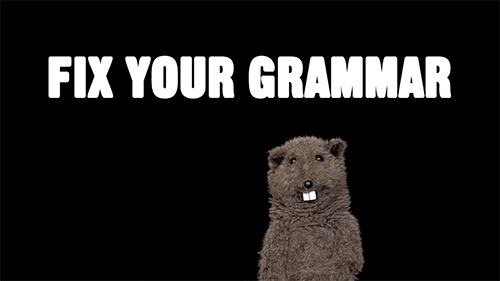It’s hard to believe that English takes only third place on the scale of the most popular languages because the total number of people speaking in English is more than a billion. Yeah, that’s roughly one in seven. Don’t assume that most English speakers live in the United States and England. For instance, Nigeria is a real home to more English native speakers than England and in Sweden, 89% of people can speak this language.
In Illinois, there was a law until 1969 that forbade to speak English and commanded to use American version of the language instead that was invented by Noah Webster. Nowadays researchers distinguish as much as 24 English dialects flooding American land.
Let us get this straight…you grew up in non-English speaking surroundings but sure you can nail those 10 question with ease? We dare you to start!
In Richness and Poverty
There’s a theory that the English language is extremely widespread because of its simplicity so that it so much easier to learn than other languages, however, it is not quite right. English involves 800 000 words that makes it the richest at any synonymous rankings.
For instance, for the word drunk there could be found 2241 synonymous, this particular result, by the way, was recorded in the Guinness Book of Records. In addition, English is one of the fastest growing languages as every 98 minutes a new word appears. With a modern trend of digital communication, a new study proved the sad fact about overall grammar level, it is dropping, with all the abbreviations and urban dictionary infusions the grammar abilities of the average citizen are suffering.
According to a study of 1,000 UK consumers, one of the most annoying things that people find about brands is not the frequency of the advertisements broadcasted on their screens but is the poor spelling and grammar of those posts published in social media daily. Poor English and salesy updates are the two biggest turn-offs. This is true for almost all age groups, except the 18-24, that is group is far more concerned about how frequently brands post updates, and is much less worried about correct English.
The Correct Grammar Quest: Find 5 Mistakes
What do you know about costly mistakes? There are renowned brands whose image has been destroyed in a moment and who apparently could have hired the pair of attentive eyes to avoid the shameful scandals or prevent from sales dropping over mistakes. In these cases grammar correction could have cost those brands millions of dollars, so now you understand why it’s easier to correct grammar with professional services that can help with grammar check online.
1. Here the apostrophes memo missed by Old Navy, this mistake took place in distant 2011.
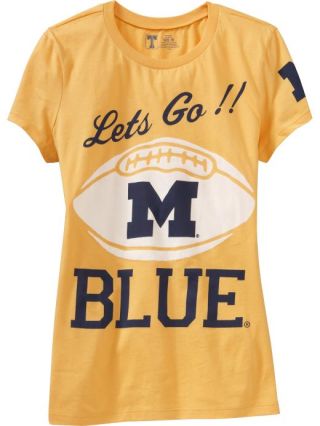
image credit: blog.hubspot.com
2. Non-significant typo for a mortal but the shameful pitfall for the politician to make mistakes in such words as America. Romney’s iPhone app was featuring the mistake but the most hilarious part of it was undoubtedly a twitter commenting.
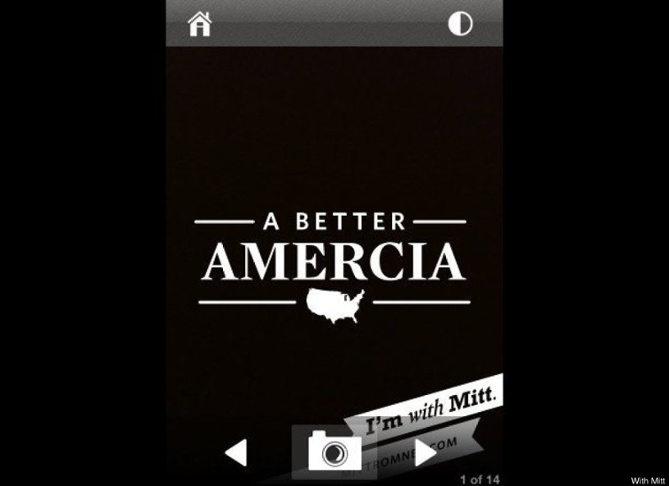
image credit: blog.hubspot.com
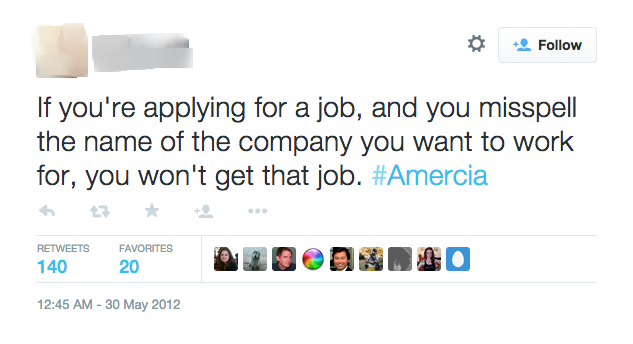
image credit: blog.hubspot.com
3. H&M obviously lacked that one percent of genius in staff, that would have allowed them to write the word correctly.

image credit: blog.hubspot.com
4. Someone in the Burger King is an acute fan of Spongebob? Want to work for one?
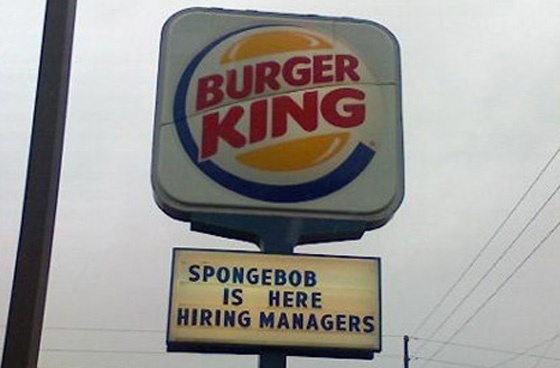
image credit: blog.hubspot.com
5. Quite ironic that the childhood education is paramount for our future.
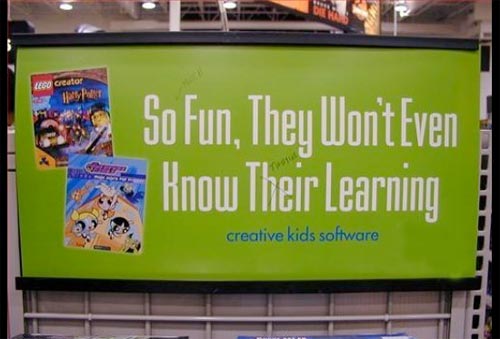
image credit: blog.hubspot.com
11 Mistakes a Non-Native Speaker Does:
English grammar check is not that difficult if you know where to start with, we suggest you to start from the beginning, but even if you’re a pro you still have high chances to make the following confusions:
Who and Whom
Who is a pronoun just like “he”, “she”, “it”, “we” and “them”. This word is used when the pronoun is acting as the subject of proposals. Whom (Who) also refers to the object pronouns along with “it”, “it”, “us” and “them.” Whom is used when the pronoun serves as the object of a proposal.
Example: I consulted an attorney whom I met in New York.
Which and That
That» – this is a restrictive pronoun. For instance, «I do not eat meat that is not of the red color». This refers to all meat kinds that are not of the red color. Which represents the relative sentence, that is, it involves options that may not be necessary.
Example: I suggest you eat exceptionally yellow vegetables, which you can buy in grocery stores.
Lay and Lie
Lay – it is a transitive verb. It requires a direct object and one or more speech objects influenced by it. The present condition – lay, and the past – laid (e.g, The day before I laid the apple on the sofa). Lie is an intransitive verb, it does not require the object, its present condition – lie and the past – lay.
Example: The man lay on the bench waiting for a bus.
Moot
Opposing the popular belief Moot does not mean that something extra / surplus / excess. This word is a controversial subject or a subject open to discussion.
Example: The idea that a new bridge should be built over the river was a moot point for the council» (The idea that a new bridge should be built over the river, has been a controversial issue for the Council).
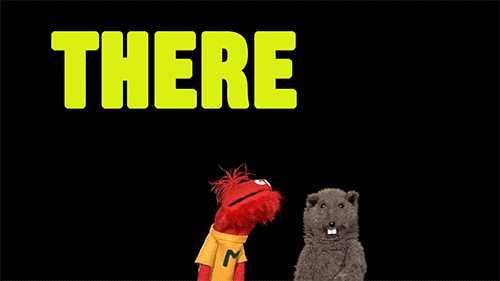
image credit: giphy.com
Continual and Continuous
These words only seem to be similar, there is a difference between them. Continual means something that comes with time intervals. Continuous means something that happens all the time without an interruption or several interruptions.
Example: The continual rocket coming from neighboring building made it the worst movie night ever.
Example: Her continuous sleeping distracted her from rocket.
Envy and Jealousy
Word envy implies that you want to pursuit the success of someone else to become as cool as they are. Jealousy also has a negative aspect to it. It is the fear of competition, is often present in personal relationships. Envy – is when you want to look as good as your friend, and Jealousy – this is what happens to you when your partner admires another person.
Example: There be many, Judith,” said he, “who might envy you your health and good spirits.
Example: In Shakespeare, Othello is doomed by jealousy.
May and Might
May implies the possibility, but might – uncertainty, that’s the difference.
Example: You may get drunk if you drink the whole bottle alone (you can get drunk if you consume the whole liter of alcohol) is a real possibility of getting hammered.
Example: You might get into rehab if your parents find out you’re regularly getting drunk (It means the likelihood that can occur theoretically speaking).
Whether and If
Many people, especially writers believe that these two words have the same meaning. But this is not right. Whether expresses the state, when there are two or more alternatives. If expresses a situation where there are no alternatives.
Example: We don’t know whether he’ll get wasted tonight.
Example: He’ll get drunk tonight if we get the booze.
Since and Because
Since is time referring, and because – refers to causes.
Example: Since I quit time wasting I found a job and wife (Ever since I stopped time wasting, I have a found a job and wife).
Example: Because I quit drinking I no longer wake up in the puddle of vomit ( just because I stopped drinking, I no longer wake up in vomit).
Disinterested and Uninterested
No, these words are not synonymous. Disinterested means unselfish, the person who pays no personal interest in some kind of a deal.
Example: A manager may be interested in overall image of the company even though he doesn’t receive a personal remuneration for it. In this case, it is selfless. The same applies, for example, to the judges. If you talk about a person who is not interested in something, in this case, you need to use the word uninterested.
Bring and Take
In order to use Bring and Take correctly, you need to know whether the object will be moving towards or away from the subject. If towards – use Bring, and away use – Take.
Example: A wife might say «take the children to the school» and the school principle – «bring your children to the school».
It is far too difficult to live without the English knowledge today. It is the language of international communication, trade and new technologies. Only with English you will be able to discover new knowledge as efficient as others, feel confident in any situation, achieve greater career results and consider yourself smart after all. Good English can be not only very useful skill gained but also really new interesting occupation opener. With a good grammar and spelling you can reach whatever height bar you set for yourself.
Everyone’s talking about your grammar correction? No worries we can help your trouble, call us today!



